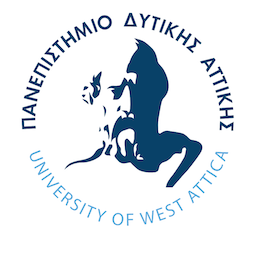STUDENT PERFORMANCE EVALUATION
1. Written final exam (50%) which includes:
- Multiple choice test
- Open-ended questions
- Short answer questions
2. Oral examination in clinical practice (50%)
LEARNING OUTCOMES
By the end of the course students will be able to:
- Know and describe the human body normal functions and mechanisms of self-regulation at the level of cell, tissue, organ, and functional system and to define possible deviations.
- Understand the human body function and interpret the mechanisms used to achieve homeostasis.
- Know and describe the physiological functions and the mechanisms of self-regulation of the human organism and to delineate possible deviations.
- Perform in the laboratory on an experimental level procedure that prove the conditions of normal functioning of the organism, as well as applications of these physiological properties of the organism in the daily clinical practice.
GENERAL COMPETENCES
- Search for, analysis and synthesis of data and information, with the use of the necessary technology
- Working independently
- Adapting to new situations
- Decision-making
The aim of the course is for students to understand the physiological functions and homeostatic mechanisms of the human body at the cell level and by systems, the general rules of multifaceted and complex functional interdependence, the normal functional parameters and possible diversions from normal at the level of cell, tissue, organ and functional system.
Course Outline
SYLLABUS
THEORY
- Fundamental concepts of human physiology
- Blood
- Cardiovascular system
- Respiratory
- Kidney – Urinary system
- Acid-base regulation
- Digestive system
- Nervous system.
- Muscular system
- Thermoregulation
- Sensations – sensory organs
- Endocrine system – Hormones
- Female and male genital system – Reproductive function.
LABORATORY
- Using a simple microscope. Cell tissue. Measurement of red and white blood cells.
- Blood groups, Hematocrit, ESR, Hemoglobin electrophoresis.
- Determination of flow time and clotting time, Osmoticity.
- Electrical effects on the heart, frog heart function according to Engelman. Electrocardiogram.
- Blood Pressure Measurement, Microcirculation.
- Breathing work-Spirometry oximetry.
- Superficial and proprioceptive sensation, Frog Experimentation: Muscular contraction-reflexes.
- Electromyography, Tendon Reflexes.
- Electroencephalogram, eye lens control-visual acuity.
- Pupil Reflex, Color vision, Eyophthalmometry, Audiogram
- Determination of body mass composition.
- Bone density measurement with ultrasound.


